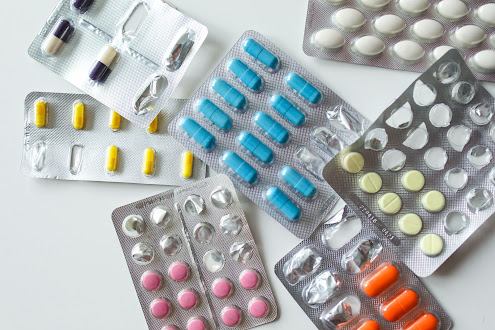What is the Role of FDA in Generic Medicine Industry?

Generic medicines need approval from FDA to manufacture and distribute generic medicines. These FDA approvals are granted to generic medicines manufacturers only if they maintain the same standard as that of the brand-name medicines. What is the role of the FDA in the generic medicine industry? FDA conducts inspections of manufacturing plants, ensuring compliance with the agency's regulations on good manufacturing practices. According to FDA, the manufactured generic medicines need to work in the same way and provide the same clinical benefit and risks as their brand-name counterparts. A franchise of generic pharmacy sells generic medicine that is the same as a brand-name medicine in dosage, safety, effectiveness, strength, stability, and quality, as well as in the way it is taken.





